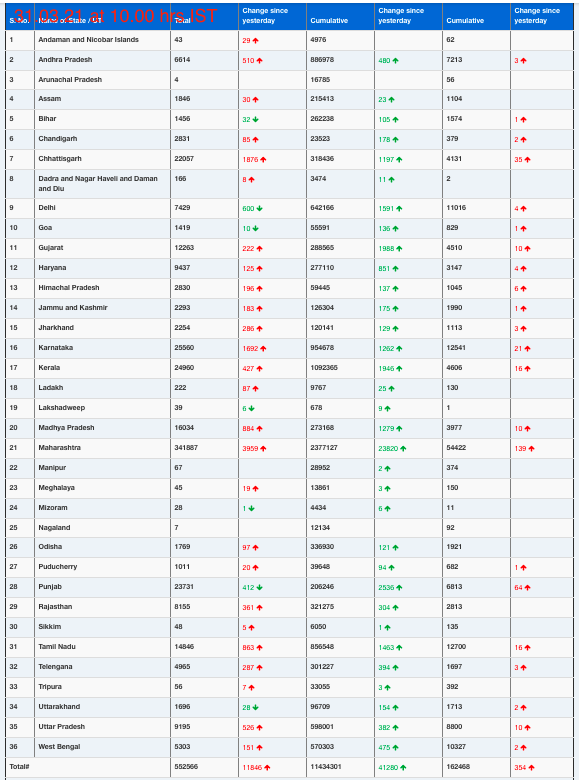In a groundbreaking discovery, scientists have uncovered a potential game-changer in the treatment of diabetes. A drug originally designed to combat pancreatic cancer has shown promising results in replacing insulin therapy among individuals with diabetes, potentially mitigating the risks associated with high blood sugar levels.
The study, recently published in the esteemed journal Nature Communications, unveils the transformative potential of focal adhesion kinase (FAK) inhibitors. These inhibitors, primarily utilized to reduce tumor burden in pancreatic cancer patients, have demonstrated an unexpected capacity to address the insulin deficiency characteristic of diabetes.
The research, led by a team from the University of Pittsburgh, delved into the intricate mechanisms of FAK inhibitors in combating pancreatic cancer. Through an experiment conducted on mice starting in 2016, the scientists selectively manipulated the gene encoding FAK, leading to intriguing observations.
Upon deletion of one copy of the FAK gene, both the pancreas and its cellular components exhibited remarkable alterations. The pancreas displayed signs of attempted regeneration following injury, while a cluster of cells within the organ exhibited a hybrid phenotype, expressing markers of both amylase production and insulin secretion.
Dr. Esni, a key figure in the research team, elucidated the significance of their findings, stating, “There were three possible explanations for what we saw in the mutant mice. It could have just been an artifact of our experiment, beta cells could have started making amylase, or acinar cells could have started producing insulin — which would be the holy grail.”
Further experimentation validated the latter hypothesis, indicating that FAK inhibition could induce the transformation of acinar cells into acinar-derived insulin-producing (ADIP) cells. This groundbreaking discovery offers a novel avenue for diabetes management, potentially eliminating the reliance on exogenous insulin administration.
Moreover, the researchers demonstrated the efficacy of FAK-inhibiting drugs in regulating blood glucose levels in diabetic mice and a non-human primate. This milestone not only underscores the therapeutic potential of repurposed cancer drugs but also heralds a new era in diabetes treatment.
While additional research and clinical trials are warranted to validate these findings and assess their safety and efficacy in human subjects, the discovery of FAK inhibitors as a viable alternative to insulin therapy offers renewed hope for millions grappling with diabetes worldwide.
In a medical landscape characterized by relentless innovation, this breakthrough serves as a beacon of optimism, illuminating the path towards more effective and accessible treatments for diabetes and potentially other related metabolic disorders.












